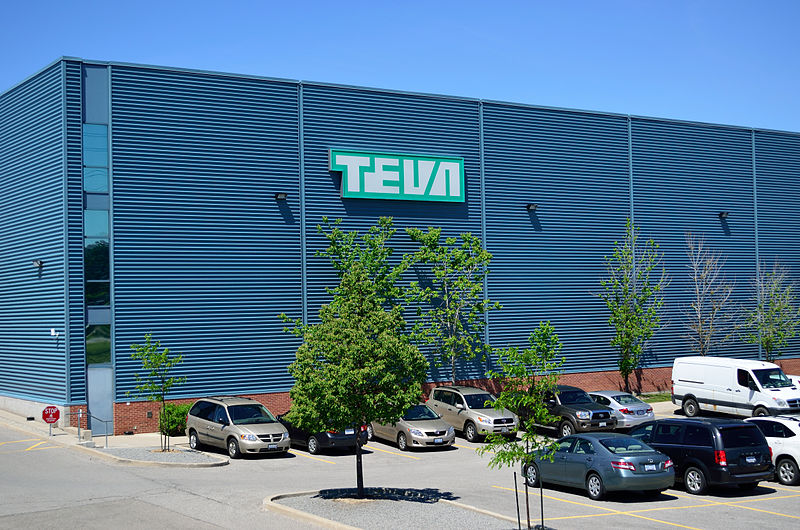Teva and Regeneron halt back pain study

The US regulator has called for a halt in Teva and Regeneron's back pain drug study, after a patient developed joint inflammation.
The phase 2b study was evaluating fasinumab, an investigational nerve growth factor antibody, in patients with chronic low back pain.
But the US Food and Drug Administration called for the study to be put on hold and requested an amendment to the study protocol after observing a case of arthropathy in patient receiving high dose fasinumab, who had advanced osteoarthritis at study entry.
Regeneron has completed an unplanned interim review and has stopped dosing on the study.
But an unplanned analysis showed clear evidence of efficacy with improvement in pain scores in all fasinumab groups compared with placebo at eight to 12-week time points.
Preliminary safety results are consistent with what has previously been reported with the class.
The Phase 2b chronic low back pain study enrolled around 70% of the targeted 800 patients in four dose groups: placebo, 6mg subcutaneously monthly, 9mg subcutaneously monthly and 9mg intravenously every two months.
Regeneron has notified health authorities and study investigators about the decision. Patients will continue to be followed for up to 36 weeks.
Based on these results, Regeneron and Teva plan to design a pivotal phase 3 study in chronic low back pain that excludes patients with advanced osteoarthritis. The companies plan to submit a pivotal programme plan for review with the FDA and other health authorities.
Data from a phase 2/3 osteoarthritis pain study of fasinumab have already been reported, and the companies plan to carry on development at lower doses in a pivotal phase 3 trial.
George D. Yancopoulos, chief scientific officer, Regeneron and president of Regeneron Laboratories, said: “We are making data-driven decisions on phase 3 fasinumab dosing that we believe will maximise potential benefit for patients in need, while minimising the likelihood of side effects.”
“We believe fasinumab represents an important potential innovation for patients with osteoarthritis pain and chronic low back pain who currently have clear unmet need and limited treatment options.”
Regeneron and Teva are collaborating on the global development and commercialisation of fasinumab. Under a separate agreement with Regeneron, Mitsubishi Tanabe Pharma has exclusive development and commercial rights to fasinumab in Japan, Korea and nine other Asian countries.













